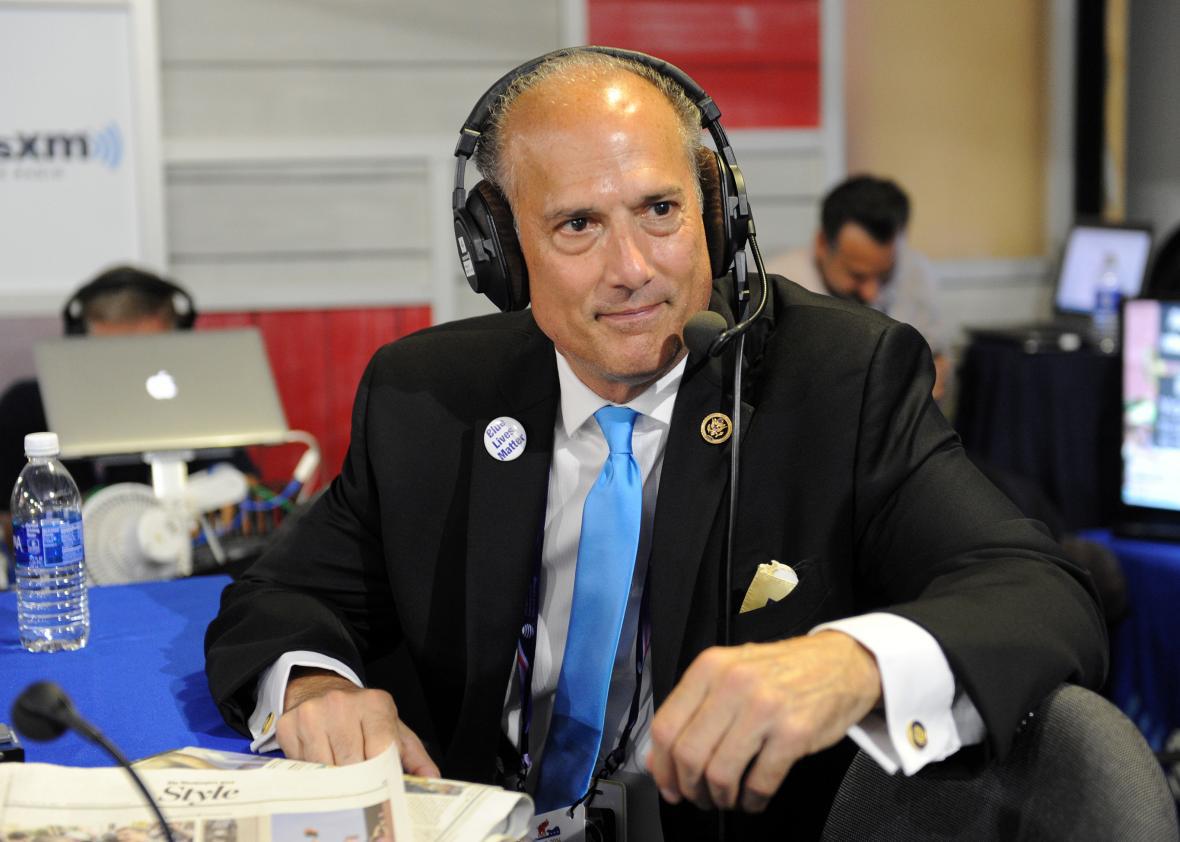A joint investigation from the Washington Post and 60 Minutes has found that several members of Congress, in a campaign led by the country’s largest drug distributors, undermined Drug Enforcement Agency efforts to stanch the flow of opioids by effectively stripping them of their most effective tool for stopping narcotics from flooding the streets.
The report has spurred President Trump to announce he would re-evaluate his nominee for drug czar. It also led to a show of alarm from Congressional Democrats. Sen. Claire McCaskill, who in March opened a probe into the role these drug companies might have played in stoking the opioid epidemic, which has now claimed more than 200,000 lives, said Monday she plans to introduce legislation that would repeal the law at the center of the investigation.
The report detailed the ways some members of Congress—and in particular Rep. Tom Marino, who is Trump’s nominee to become the country’s next head of the Office of National Drug Control Policy—fought the DEA to push through a law friendlier to drug distributors, some of which ship to “rogue pharmacies and pain clinics.”
Sen. Joe Manchin called for Trump to withdraw Marino’s nomination, and Trump said he would be “looking into” the reporting about Marino.
Per the Washington Post:
The law was the crowning achievement of a multifaceted campaign by the drug industry to weaken aggressive DEA enforcement efforts against drug distribution companies that were supplying corrupt doctors and pharmacists who peddled narcotics to the black market. The industry worked behind the scenes with lobbyists and key members of Congress, pouring more than a million dollars into their election campaigns.
The law makes it “virtually impossible for the DEA to freeze suspicious narcotic shipments from the companies.” The bill passed through the procedure usually used for noncontroversial bills, as few besides the sponsors knew what the effect the bill would actually have, according to the Post. When President Obama signed the bill into law, officials said, his administration was also unaware of its potential impact.
As the Post explained, these companies often disregarded warnings from the DEA when the agency asked them to shut down suspicious campaigns, instead being hit with millions in fines while profiting from billions in sales. The pills sold under suspicion in the hundreds of millions.
The pharmaceutical companies defended the law as “an effort to ensure that legitimate pain patients receive their medication without disruption,” according to the Post. The laws were too vague and too harsh, they argued.
The report also found that the drug industry spent $106 million lobbying Congress between 2014 and 2016, and that $1.5 million of that amount went to the 23 lawmakers who sponsored the various versions of the bill.
Trump told reporters Monday that he would declare the opioid epidemic a national emergency sometime next week and that he would likely also make a “major announcement” about fighting the opioid crisis next week as well.
Trump said Marino was a “great guy” and a “very early supporter” of his, but that if he found that Marino’s appointment would hurt the fight against opioid addiction, he would “make a change.”
Correction, Oct. 17, 9:25 a.m.: This post misstated that McCaskill opened the probe into the opioid epidemic in response to the report. She first opened it in March.
